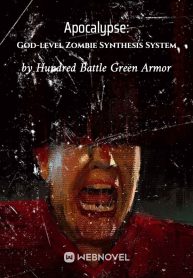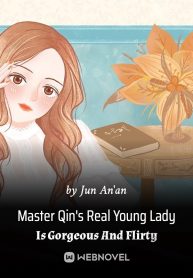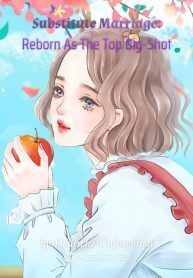Chapter 23 (1) - The Mysterious Art Museum
Have you ever smelled death?
Im not talking about the foul stench of decaying flesh.
Those with family to care for them dont usually emit such odors, as their bodies are frequently cleansed.
However, death has a smell. It's an unfamiliar scent you can't perceive under normal circumstances.
I know this smell because I witnessed my grandmother's last moments.
I was very young at the time.
The unfamiliar scent emanating from my grandmother, who lay in her deathbed, as opposed to her usual comforting smell, has long stayed in my memory.
Of course, this might be a kind of hallucinatory olfactory symptom because I know that Alphonse Mucha is going to die tomorrow. I approached him slowly.
His face, much thinner than a few days ago.
His cheekbones protruded, his lips dried and turned white. His eyes were open, but the color of his pupils had discolored.
As Mucha, breathing like a growling beast, saw me approaching, he moved his parched lips and said,
"Who... are you?"
"..."
He cant see.
I clenched my fist as I watched the death of a figure I respected.
"It's me, teacher."
"..."
Though Mucha couldnt see, his eyes seemed to flutter as if they could. He seemed to try to sit up, but it was impossible.
"I'm... sorry. I am not well."
"It's okay, teacher. Just lie down."
Following his direction, I pulled a chair over to the bed, sat down, and held his hand. His hand was very cold. Silently, I watched Muchas face, trying to see something invisible with his wide-open eyes.
What comfort could I offer at this moment?
The Bible he always read lay beside the bed.
Was he praying at this moment?
The past summer was truly great.
Place your shadow on the sundial
And release the wind in the fields.
Command the last fruits to ripen;
Grant two more southern days,
Rushing the completion of the fruits,
And letting the final sweetness seep into the strong wine.
Those without a home will not build now.
Those alone will remain so,
Awake, reading books, writing long letters,
And wandering restlessly among the rustling leaves.
He was praying, but in reality, it wasnt a prayer. It was a poem by Rainer Maria Rilke, a native of Prague.
A prayer befitting of him, whose works are always considered poetic.
"Do you have a religion?"
Mucha, with his hands together, said,
For me, the concepts of painting, going to church, and music are so intricately connected that I cannot tell if I love churches for their music or if it's the mystical nature of churches that makes me love music.
I smiled slightly.
Many might not know, but ironically, this painter who made history had dreamt of becoming a singer as a child. His dream ended when he joined a church choir and his voice changed during puberty.
You seem to have a fondness for poetry.
Poetry is... it's because it's both concise and symbolic.
Why do they say Mucha's paintings are poetic?
In his works, even a single leaf is not just a leaf; it symbolizes something and carries a metaphorical meaning. When he depicted laurel leaves, in one work, they symbolized victory in the Olympics; in the "Waverley Cycles" poster, they symbolized fame; and in another, they recalled the ancient Roman custom of crowning great poets with laurel wreaths, imbuing them with poetic inspiration or prophetic meaning.
He was a great painter who used the same elements to convey different symbolic meanings in his various works.
Read ahead by supporting me on Ko-fi
.







